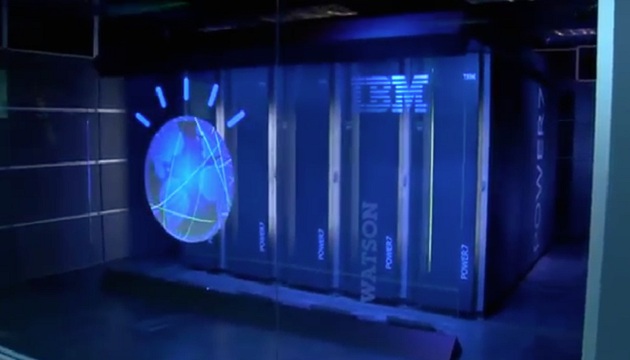IBM Watson is probably the most advance AI today. It is named after the first ever CEO of IBM, Thomas J. Watson. Watson had access to 200 million pages of structured and unstructured content consuming four terabytes of disk storage.
IBM Watson has done a lot from beating human champions at the game of Go to diagnosing the undetected leukemia in a patient and later saving her life. Now, Artificial Intelligence (AI) is set to make life in a hospital a lot easier for patients and for staff too.
Some of the medical staff spends almost 10% of their working hours in just answering questions of the patients. These staff members also have to tend to very basic needs that don’t require medical expertise, such as changing the temperature in rooms or pulling the blinds. If assisted by some kind of AI-powered device, these workers could spend their time more effectively and focus on patient care, said Bret Greenstein, the vice-president of Watson’s Internet of Things(IoT) to CNET.
These all are the situations where Watson comes in. Philadelphia’s Thomas Jefferson University Hospitals have collaborated with IBM and re-known audio company Harman to develop smart speakers according to hospital settings. Once it is activated by a voice command ‘‘WATSON,’’ These speakers will be able to respond to any command, which will include requests like adjusting the blinds, thermostat, lights, or to play some calming music.









